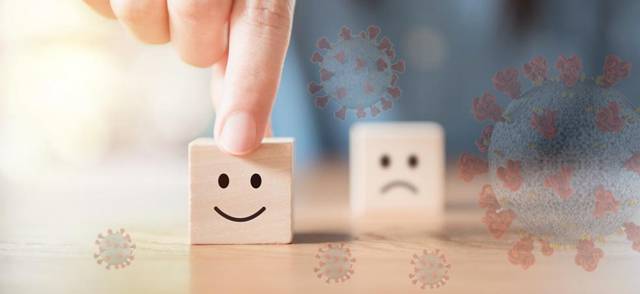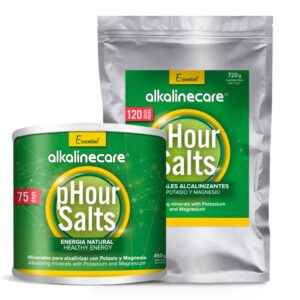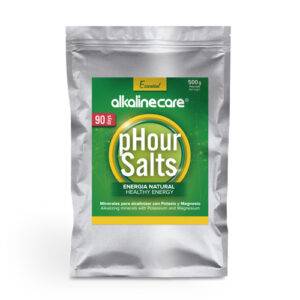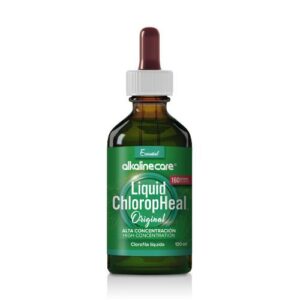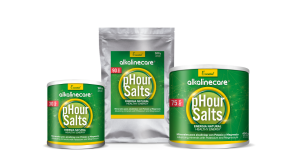Dr. Joe Dispenza, an expert in neuroscience, biochemistry and cellular biology, states that emotions are energy in motion. All energy carries a frequency and every frequency transports information. Depending on our thoughts and feelings, we are constantly sending and receiving information. Today, we can measure the impact of emotions through saliva. The Immunoglobulin A (IgA) test is a protein marker indicating immune system health. IgA is a chemical substance that fights bacteria, viruses, fungi, and other organisms. In this article, discover how to prevent fear from weakening your immune system.
How to prevent fear from weakening your immune system
Humans have the ability to feel both elevated, positive emotions and negative emotions, each triggering a cascade of hormonal reactions within our body.
Negative emotions such as stress, particularly fear and anger, activate the production of cortisol (chronic stress) and catecholamines, including adrenaline and noradrenaline. When this occurs, IgA levels drop, and so does our immunity. Furthermore, IgA also downregulates the expression of the gene responsible for protein production, increasing our susceptibility to disease.
There is much discussion today about DNA and our genetic inheritance. When discussing genes, it is important to distinguish between genotype, which is the genetic code of our cells (like a hard drive), and phenotype, which refers to gene expression (like software). Phenotype is an observable trait that can change based on the environment, including emotions.
Negative emotions such as fear, anger, resentment, and envy lower IgA levels, thereby weakening the immune system and, as mentioned earlier, downregulating gene expression.
On the other hand, sustained positive, elevated emotions such as love, joy, and especially gratitude, not only increase IgA levels but also upregulate genes, potentially activating dormant genes, changing our gene expression—specifically immune system protein expression—and promoting health and cellular regeneration. For example, when we feel deep love and an open heart, we release oxytocin, the “love hormone,” which regulates the fear response.
As stated earlier, negative emotions like fear activate certain phenotypes negatively, reducing IgA levels and thus our immunity, leading to disease.
Positive and Negative Emotions
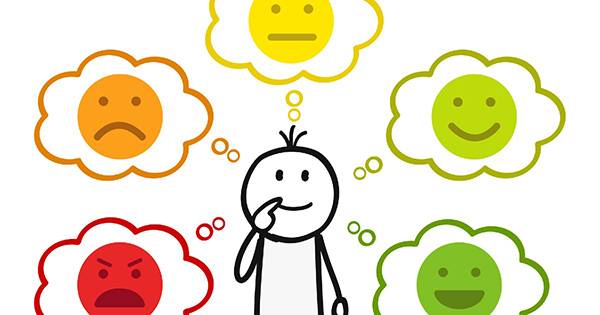
Moreover, it becomes even more interesting. Negative emotions shorten our telomeres—the biological clock at the ends of our DNA strands. Fear and prolonged stress are emotions that contribute to telomere shortening, thereby reducing lifespan and accelerating aging.
As you can see, our body is a natural chemical factory, meaning that, in optimal cases, you don’t need any medication or external substance to heal. The body itself is capable of self-healing. We have the inner power to upregulate our genes that produce IgA quickly.
Our body acts as a true internal pharmacy with corresponding receptors.
Regarding hormones, DHEA, a sexual hormone associated with aging that typically declines after the age of 30, influences our response to stress and fear. In other words, when we experience prolonged positive emotions such as love, joy and gratitude, this hormone does not decrease but can even increase.
According to a text from the HeartMath Institute, an excerpt by McCraty (1998) in “Heart Coherence Practice through Breathing,” after a month of practicing positive emotions such as gratitude, love, joy and laughter, cortisol levels decreased while DHEA levels increased in saliva. DHEA is produced by the adrenal glands and is used to create sex hormones like testosterone and estrogen.
Did You Know Negative Emotions Like Fear and Stress Acidify Our Body?
The reason is simple: when we suffer from stress, especially fear, our body consumes more alkaline minerals, particularly magnesium. Why? Because magnesium is essential to produce ATP, the energy unit of the cellular mitochondria. Additionally, anxiety makes our breathing more shallow, reducing the intake of oxygen in the cells. Oxygen is the body’s most potent natural alkalizer.
Unfortunately, we often become addicted to stress hormones and negative emotions. As soon as we react to a perceived or real external threat, we begin to release these hormones, mobilizing the necessary energy to fight or flee.
Tips to Help You Regulate Yourself
So, what can we do to enter and maintain a higher emotional state, such as joy, love, inspiration and gratitude, for at least half an hour a day to induce epigenetic changes?
- Avoid stimulants like coffee and caffeinated products, as they increase adrenaline secretion and exhaust our adrenal glands. Coffee can cause anxiety and mental restlessness while depleting energy.
- Minimize alcohol consumption, which not only intoxicates the liver but also has a depressive effect on the nervous system.
- Practice daily meditation for at least 20 minutes to calm the mind, steady the heart, and access inner clarity, vision, and intuition. It activates the parasympathetic nervous system, promoting deep relaxation and well-being.
- Yoga is another ancient practice that facilitates deep relaxation through breathwork.
- Conscious, deep breathing can be very transformative. Methods like pranayama or Wim Hof’s method are worth exploring.
- Heart coherence breathing, developed by the HeartMath Institute, involves a cycle of 5-second inhalations and exhalations, connecting the heart’s frequency with the brain via the vagus nerve.
- Engage in physical exercise to release tension and generate endorphins, the “happiness hormone.”
- Take Alkaline supplements, such as pHour Salts that contains magnesium that promotes relaxation, energy and deeper sleep.
- Herbal teas with melissa, valerian, lemon balm or linden can help relieve anxiety.
- B vitamins, especially B6 and B12, support the nervous system.
- L-Theanine is an amino acid that helps calm the mind and enhance focus, helpful for anxiety and scattered thoughts.
- Bach flower remedies like Rock Rose, Mimulus, Aspen, Cherry Plum, and Impatiens can support fear management.
If you Incorporate all these tips into your life, your emotional state and immune system will improve immensely. Give it a try!



